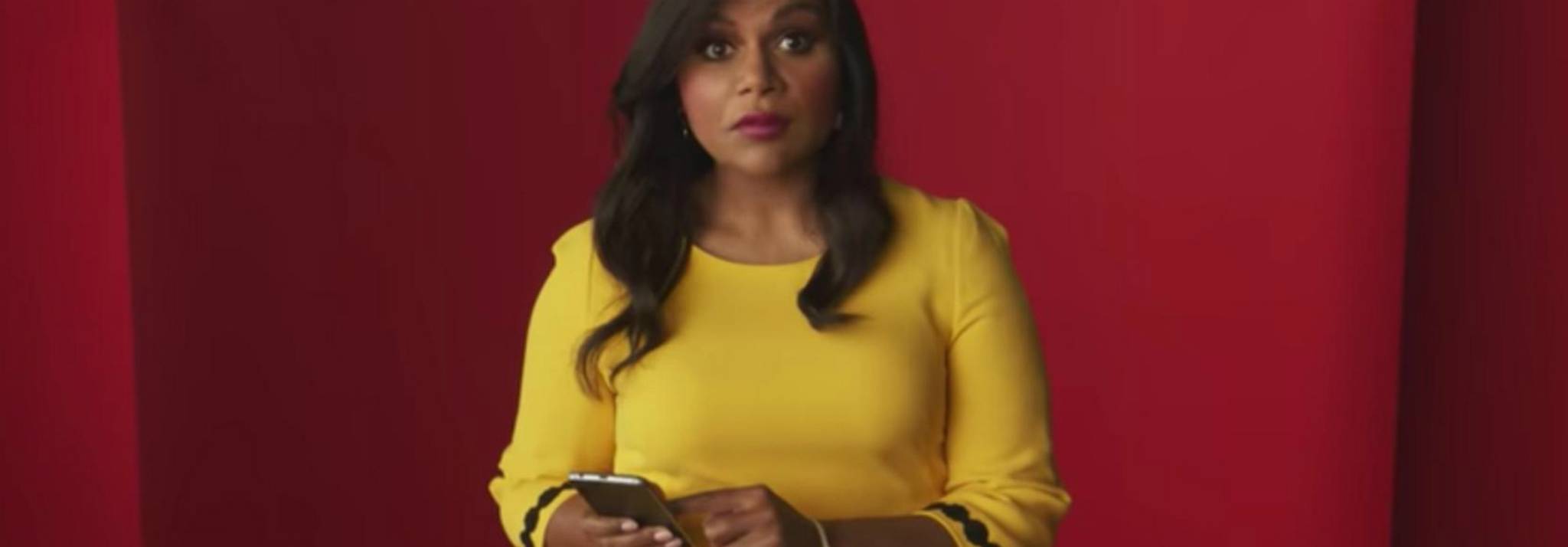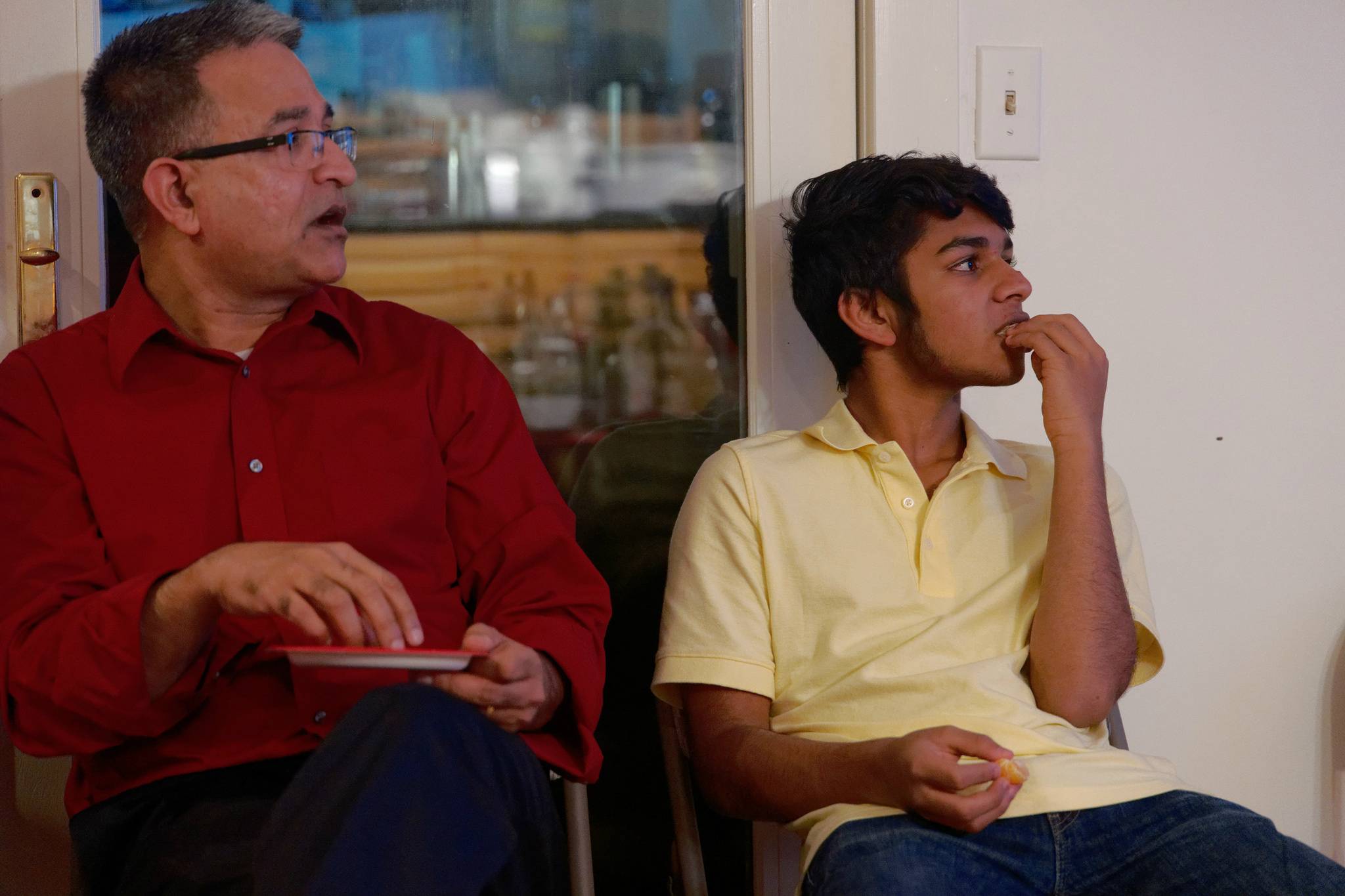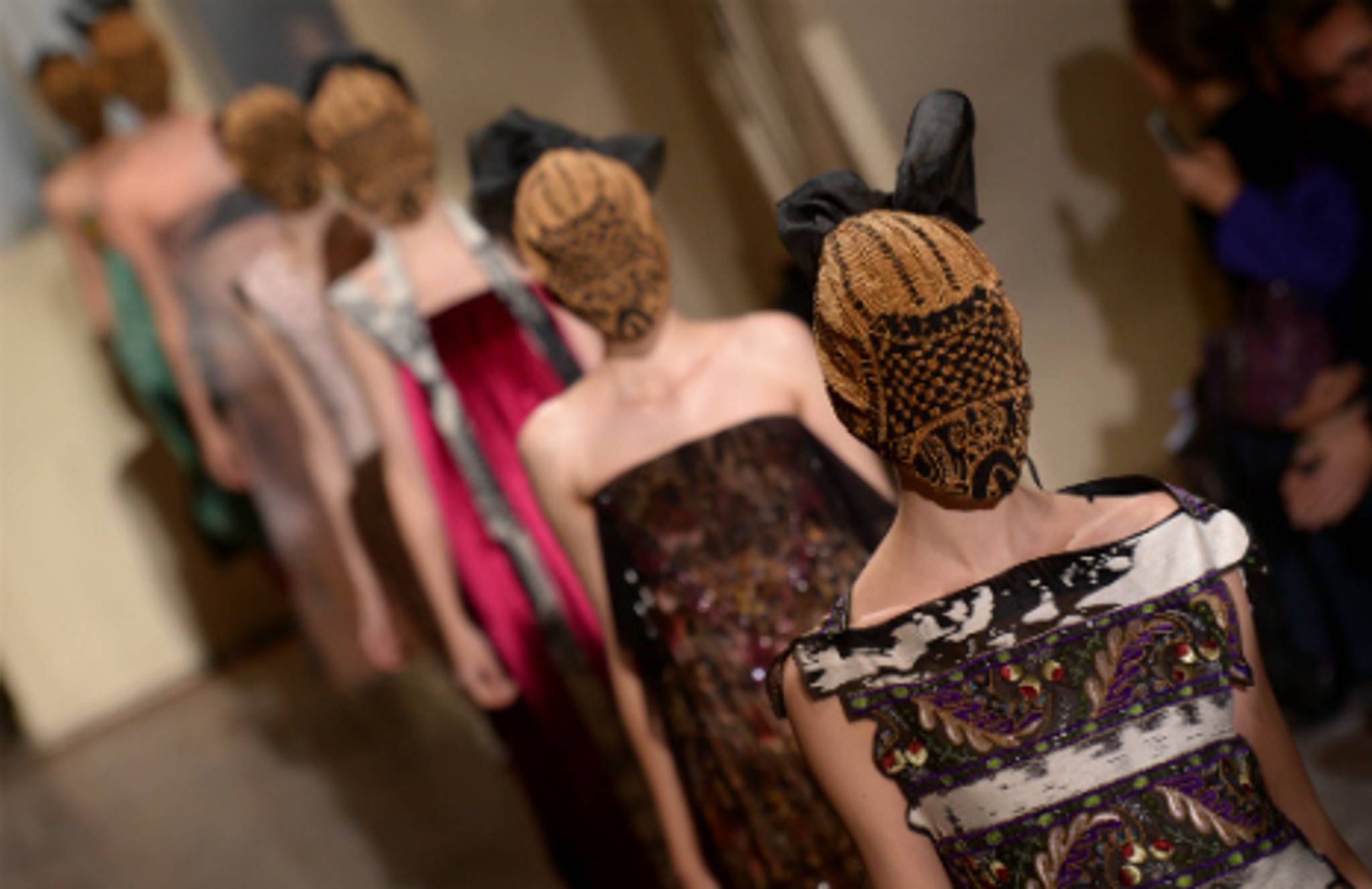
There’s nothing better than a cold, refreshing Coke to accompany a burger and chips. So much so, that Mcdonald’s has anchored the entirety of its latest campaign on people wanting the perfect Coke so much, that they’re prepared to Google it on the spot. We discover the insights behind the ad, and explain why omitting its name from the spot was a smart move.
Starring long-term Mcdonald’s fan Mindy Kaling, the ad opens with her in a yellow dress (to match the iconic McDonald’s logo), set against a deep red background that could easily camouflage any box of Macca’s fries, instructing viewers to Google ‘that place where Coke tastes so good’. Despite featuring no product shots and no sign of those Golden Arches, the ad is unmistakably McDonald’s. Without changing any of Google’s search algorithms, the brand is hoping that pages associated to, or mentioning McDonald’s ability to produce the perfect soft drink will come top of the list, reminding people that it’s the best place to find the perfect Coke.
Created alongside newly-formed agency We Are Unlimited, the ad is intended to capitalise on Gen Yers’ propensity to second-screening while watching TV – pretty astute, given that 56% of people say they do it. And McDonald’s CMO Deborah Wahl said the campaign centres around the way young people discover information – and the fact that they don’t want to be fed all of it from the mouth of a brand. “They’re very influenced by word of mouth and what their peers say,” she says.
But this isn’t just about second screening – though the spot does entice viewers to pay attention. It’s also making a statement about its prominence in popular culture. “Anonymity makes a powerful statement,” says chief meaning officer at Brand Curator Martina Olbertova. “The whole idea of shifting perspective from the obvious and tangible to the ephemeral and intangible will be one of the most fundamental changes in the future of marketing.” It’s not McDonald’s first brag of this nature, either; in 2014, it launched a series of billboards with TBWA that featured nothing but unbranded pictograms of its products, while Coca-Cola demoted its own branding in favour of a focus on consumer experience when it replaced its iconic logo with first names on cans and bottles for the Share a Coke campaign. So it looks like we could all soon be on our way to the place that makes Coke tastes so good.
Hannah Callaghan is an account executive at Canvas8, which specialises in behavioural insights and consumer research. When she’s not helping clients navigate the deepest layers of the Canvas8 Library, she’s probably binge-watching RuPaul’s Drag Race or befriending other people’s dogs.



